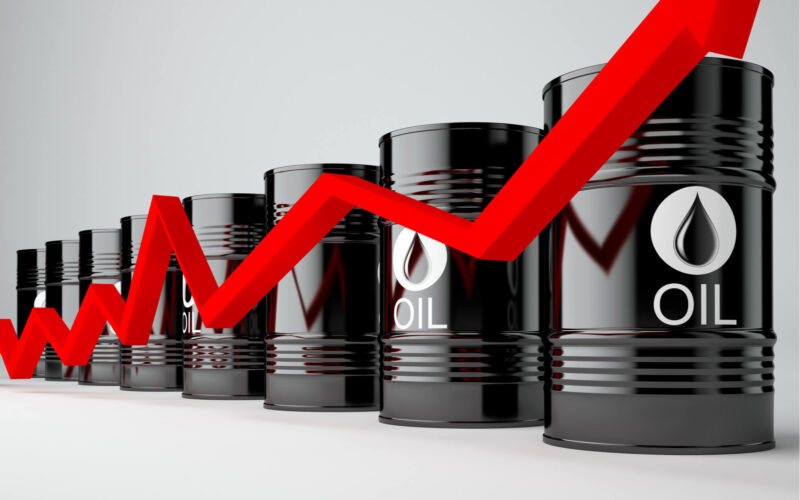The International Air Transport Association has warned the Ukraine conflict and rising fuel costs will put added pressure on airlines as they start to recover from COVID-19.
The comments were made as IATA released traffic data for January 2022, saying that air travel was recovering, although it hit “a speed bump called Omicron”.
In January 2022, total demand for air travel measured in revenue passenger kilometers (RPKs) rose 82.3% compared to January 2021, although it was down 4.9% compared to the previous month, December 2021.
Despite the signs of recovery, travel demand in January 2022 was still almost 50% down in comparison with the pre-crisis month of January 2019.
Russia’s invasion of Ukraine, which has led to sanctions including airspace closures, plus sent the price of oil rocketing, is a fresh challenge for airlines, just as they recover from the pandemic.
“January figures do not include any impact from the Russia-Ukraine conflict which began at the end of February. The resulting sanctions and airspace closures are expected to have a negative impact on travel, primarily among neighboring countries,” IATA noted.
IATA predicted back in October 2021 that global airlines would make a total net loss of $11.6 billion in 2022.
However, that was when jet fuel was at $78 a barrel and was expected to account for 20% of airlines’ costs. As of March 4, 2022, jet fuel had catapulted to over $140 per barrel.
“Absorbing such a massive hit on costs just as the industry is struggling to cut losses as it emerges from the two-year COVID-19 crisis is a huge challenge. If the jet fuel price stays that high, then over time, it is reasonable to expect that it will be reflected in airline yields,” said IATA director general Willie Walsh.
Cargo growth
Cargo demand continued to grow in January 2022, although at a slower pace than in December 2021, IATA said in a separate press release.
Global demand, measured in cargo tonne-kilometers (CTKs), was up 2.7% year on year. In December 2021, growth stood at 9.3% growth.
The conflict in Ukraine is expected to impact cargo too, although cargo carried to, from and within Russia accounted for just 0.6% of global air cargo in 2021. However, there are some specialized cargo carriers registered in Russia, such as Volga-Dnepr.
“Capacity is expected to come under greater pressure and rates are likely to rise. To what extent, however, it is still too early to predict,” said Walsh.

